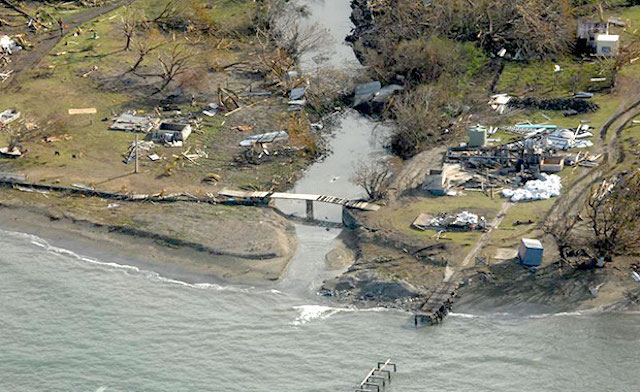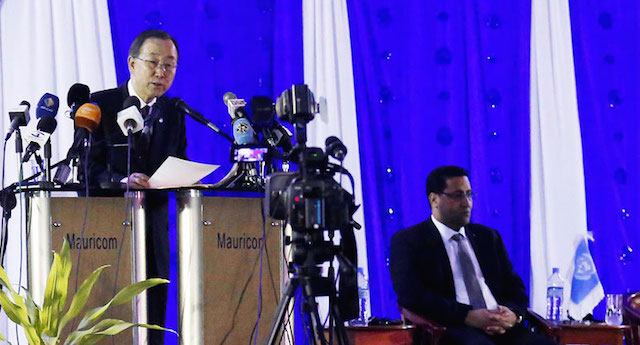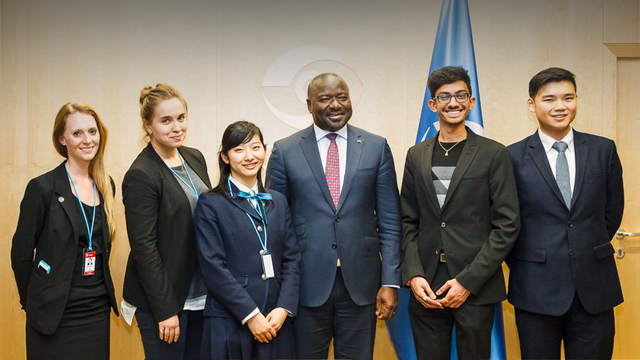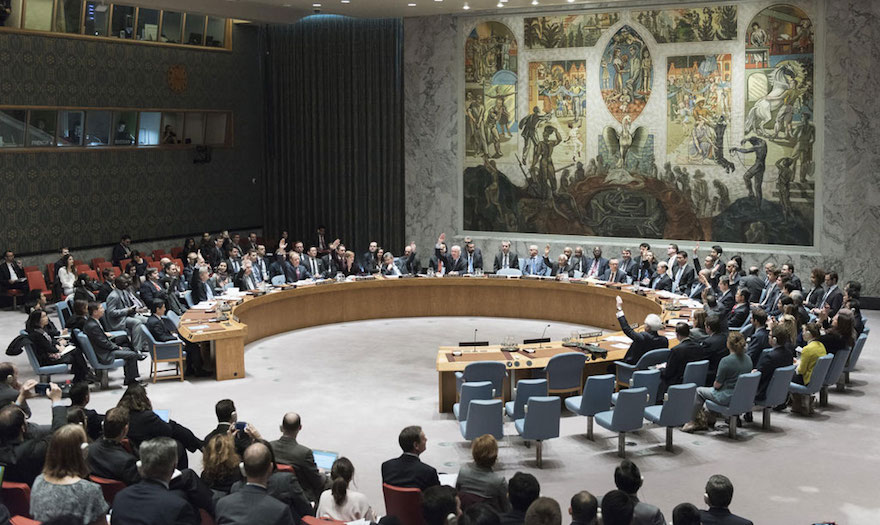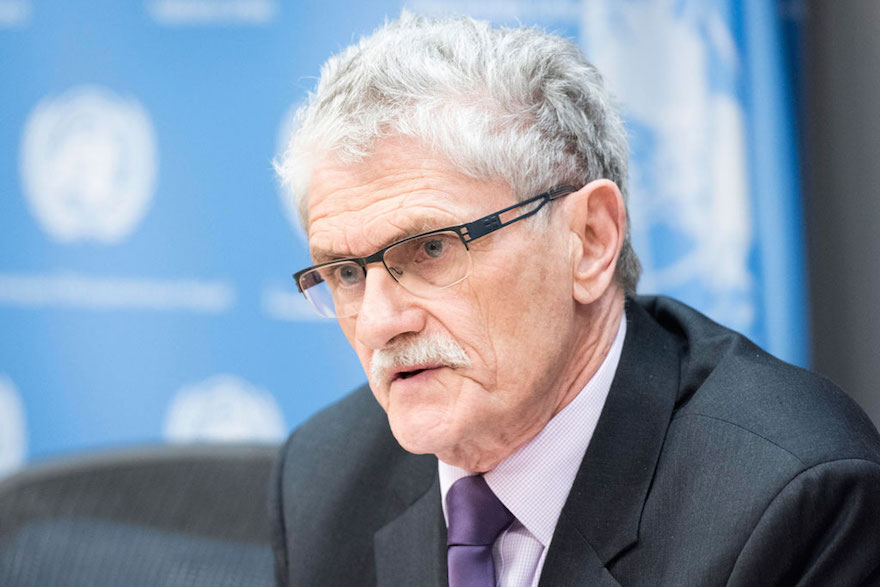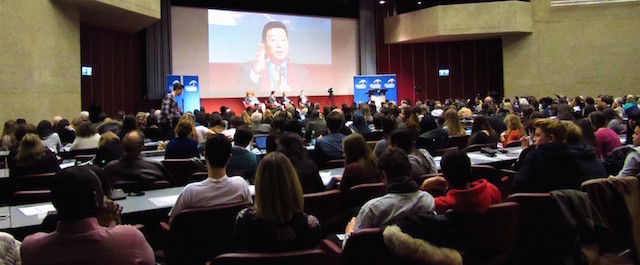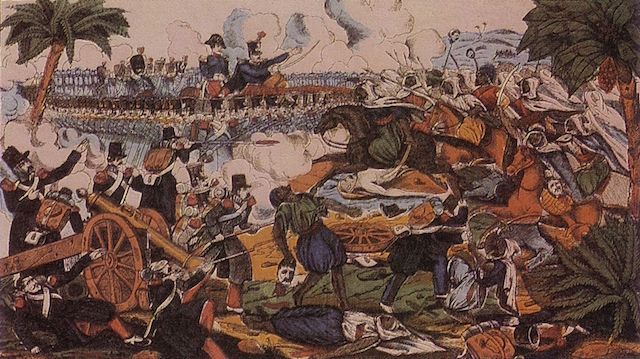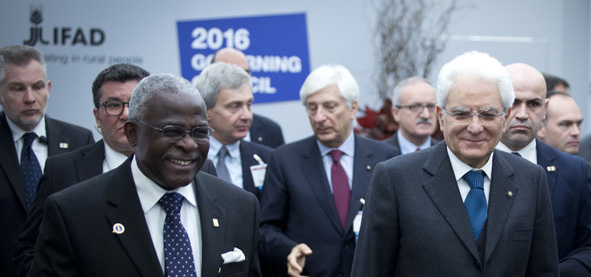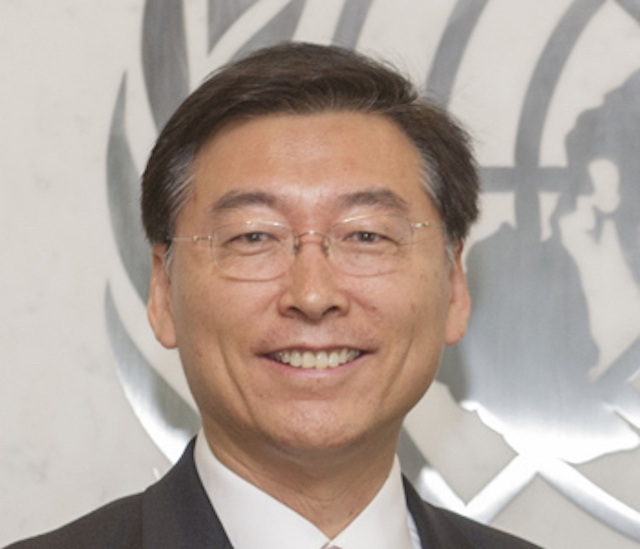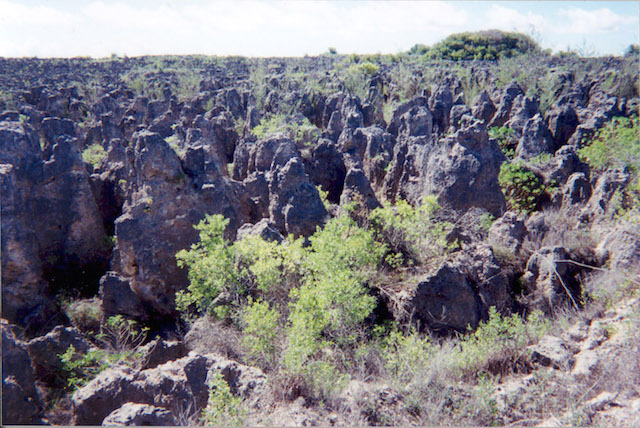By Dr Palitha Kohona* | IDN-InDepthNews Analysis
COLOMBO (IDN) – The worst cyclone on record to lash the idyllic islands of Fiji, Winston, left behind an unprecedented trail of devastation and death. A decade of hard won economic achievements lay scattered in a jumble of twisted steel and shredded plantations. Lives that had at last become more bearable are back to struggling to exist.
Science suggests that deaths and destruction experienced by Fiji, are likely to be repeated elsewhere, more frequently, as global warming and climate change begin to affect the planet’s environment, in particular the oceans. The effects of Katrina and Sandy on the U.S. and Haiyan on the Philippines are still vivid in our minds.

